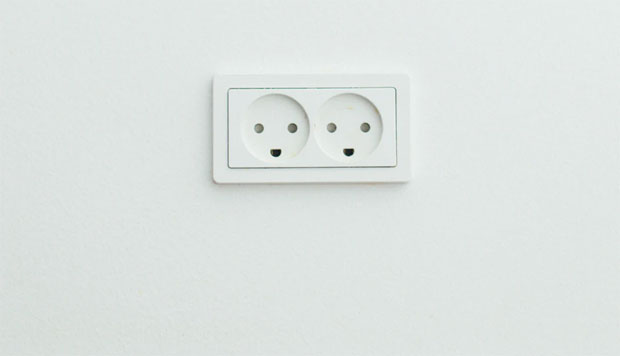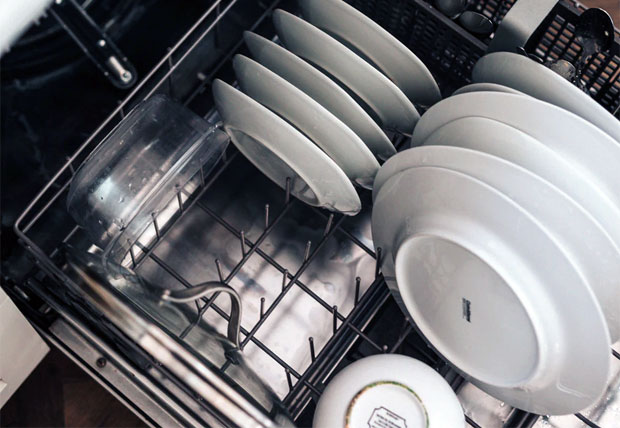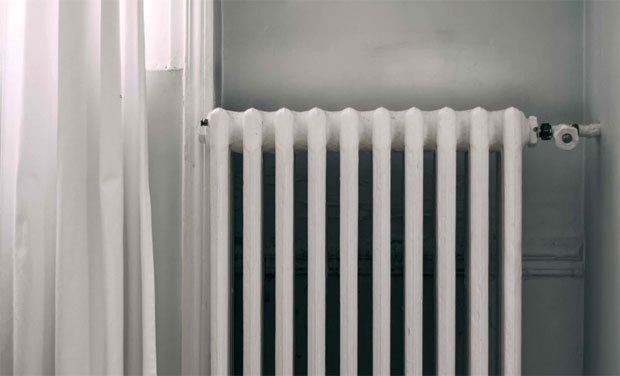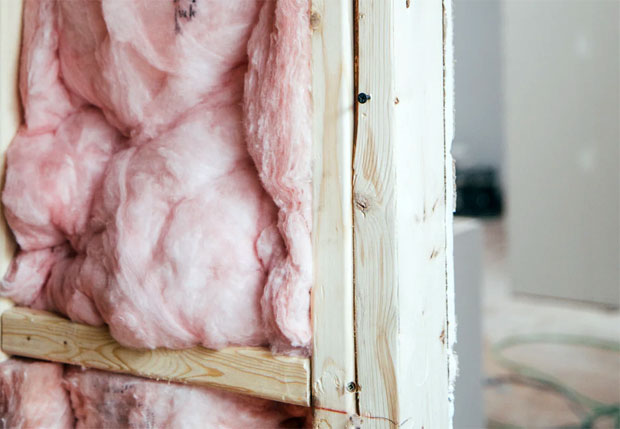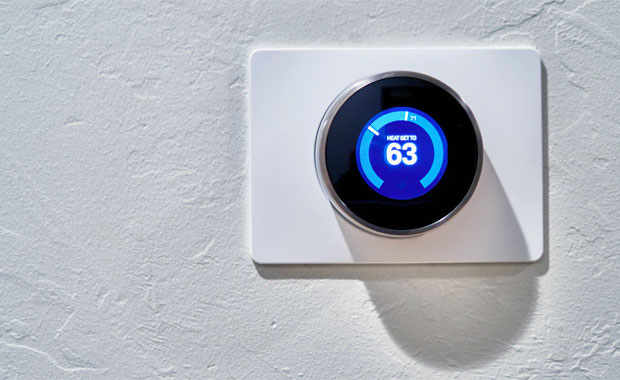5 Ways To Reduce Your Household Bills and Carbon Footprint
5 Ways To Reduce Your Household Bills and Carbon Footprint
The average household in the UK emits 2.7 tonnes of CO2 which contributes to climate change. The vast majority of energy used by the average family comes from heating and electricity.
Reducing the amount of electricity, you use lower your carbon footprint and helps to protect the environment. It also means you will reduce your utility bills with various electricity suppliers like this singapore power company if you’re based in Singapore — so a win-win for your wallet and the planet.
How to Reduce Your Household Bills (and Carbon Footprint)
- Unplug Household Appliances
Whilst it’s convenient and natural to leave your household appliances on standby mode, they’re still using electricity. According to the Energy Saving Trust, turning off your appliances can shave around £30 off your annual utility bill.
When you consider how many appliances around the home are draining your resources — TVs, satellite receiver, computers, microwave, washing machine, portable devices — you can imagine how much you are overspending on your electricity bill every month. And the costs add up.
- Buy Energy-Efficient Appliances
Experts estimate that electric appliances account for around 30% of your energy bills. Energy conscious consumers have the option to buy household appliances with a high energy rating which can save up to 50% of the energy used by existing models.
Washing machines, clothes dryers, refrigerators and air conditioners are the biggest culprits for leeching electricity. The highest energy efficient rating is A+++ whilst the most power-hungry are rated D.
- Install an Energy-Efficient Boiler
Traditional boilers waste around 35% of the energy they produce. That means you’re paying for heat you never feel the benefit from. New A-Rated boilers use between 88-96% of the heat they generate which means you don’t have to leave the heating on as long. Manufacturers claim some models can save you up to £350 a year on your annual bills.
If you are thinking of installing an energy-efficient boiler, check out a boiler comparison website first — you can save up to 75% on a new boiler.
- Improve Insulation
Insulating your home retains the heat for longer which means you don’t have to use as much energy to keep your home toasty warm. Draught-proofing doors and windows with double or triple-glazing can save up to 35% of the energy loss whilst insulating the loft and walls with fibreglass batts is a cost-effective way to prevent losing heat through the walls and roof.
- Program Your Heating System
Whilst British Gas wants you to believe keeping your heating on low all-day helps to preserve energy, and therefore money, energy experts say that applying the 30-second heating rule is a far more efficient energy-saving strategy. Installing a programmable thermostat enables you to program the heating to turn on and off automatically. The 30-minute rule involves programming the heating to come on half an hour before you want it and half an hour before you don’t.
Thermostats also enable you to adjust the temperature of your home to comfortable levels. Even minor adjustments can help you lower your carbon footprint. For every degree you reduce the heating, you can save between one and three per cent on your heating bill.
Collaborative Post – Guest Article.



